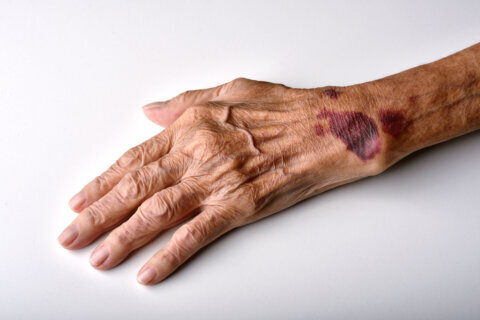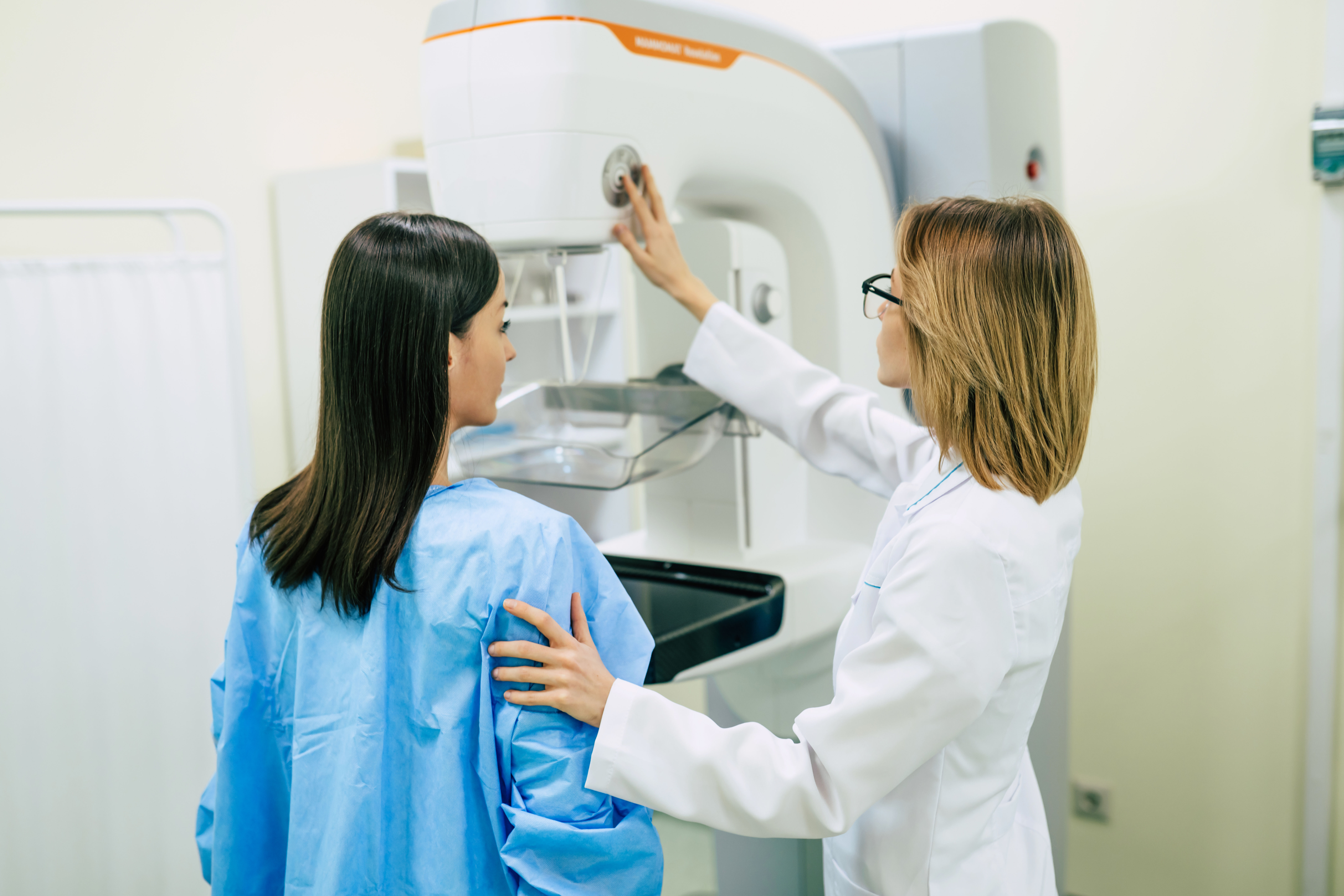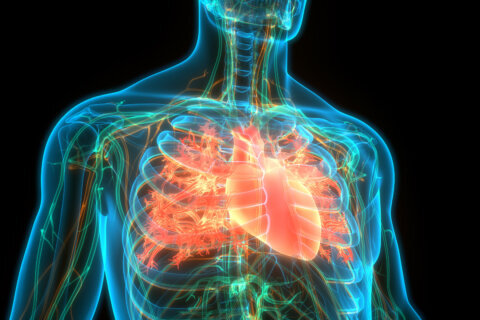This content is sponsored by MedStar Washington Hospital Center.
For millions of Americans, a daily cup of coffee is a familiar routine. Whether it’s black, iced, cold brew or the latest coffee shop concoction, it’s something many people rely on for a needed caffeine boost. In fact, 7 in 10 Americans drink coffee every week; 62% drink coffee every day, according to the 2020 National Coffee Association survey.
However, recent studies have found America’s coffee habit could have potential unhealthy consequences when it comes to cholesterol.
“Although most have been small studies, they’ve produced enough data to show that coffee consumption can indeed increase cholesterol,” said Dr. Harjit Chahal, a cardiologist at MedStar Washington Hospital Center.
So what does this all mean? Our bodies need cholesterol – it’s an essential fat that serves as a building block for cell membranes, nerve tissue, and critical hormones. However, the body can have too much cholesterol, which can occur when we take in too much fat and too many calories from food, yet don’t get appropriate levels of exercise. Additionally, someone can simply be genetically predisposed to elevated cholesterol, Dr. Chahal said.
Doctors like to see a total cholesterol level under 200, she said. That number combines low-density lipoprotein (the “bad” cholesterol), high-density lipoprotein (the “good” cholesterol), and triglycerides (a source of energy for the body but having too much in the blood can point to potential problems down the road).
High cholesterol can contribute to cardiovascular disease, Dr. Chahal said. High cholesterol can cause the formation of plaque on the inner walls of our blood vessels – a process that can restrict blood flow, leading to heart attack, stroke, and peripheral artery disease.
The American Journal of Epidemiology in 2001 published a meta-analysis of the studies on coffee’s connection of cholesterol. The meta-analysis examined 18 trials between 1985 and 1992, which varied in sample size from 12 to 120 participants. Overall, the meta-analysis had 885 participants, but 147 (16.6 percent) and 34 (3.8 percent) of them were evaluated twice and three times, respectively, receiving different treatments in separate protocols. All of the trials were conducted on adults, with a range of mean ages of 26–49 years.
The meta-analysis consolidated the results from these studies on coffee consumption and found that in 89 percent of the results reviewed, coffee had increased patients’ cholesterol levels by an average of nearly 12 points.
The natural fats in the coffee bean—particularly the oils cafestol and kahweol – can be what triggers this cholesterol increase, the meta-analysis found.
But don’t ditch the java just yet, Dr. Chahal said.
“This news may not be as ominous as it seems,” she said. “Here’s why: Most Americans drink a coffee brew that’s been passed through a paper filter, which blocks those natural oils from ever making it into the cup.”
Researchers found that the coffees with the greatest likelihood to increase cholesterol levels are unfiltered — either boiled or steeped — such as French press or percolated coffee.
“If you’re a coffee drinker who favors one of these methods, you may want to consider changing the way you brew your coffee, particularly if your doctor says your LDL cholesterol is too high,” said Dr. Chahal, who added that espresso is high in natural oils, but because it’s often consumed in small quantities, its overall impact on cholesterol is likely negligible.
Additionally, those who drink more than two cups per day and have other risks for high cholesterol should be mindful about the impact of their coffee intake. Moderation in all cases can be important, including with flavorful additives that can drastically increase the calorie count per cup, Dr. Chahal said.
“If you’re ordering a ‘grande’ specialty drink or refilling a jumbo mug at your favorite cafe, your intake of cholesterol-spiking additives is probably greater than you think,” Dr. Chahal said.
Rather than worry too much about coffee, Dr. Chahal recommends her patients focus on controllable risk factors that impact their health, such as nutrition, weight, exercise, and use of tobacco and alcohol.
“It’s wise for everyone, coffee drinker or not, to exercise most days (for a total of 150 minutes each week), to avoid smoking, and to make an effort to eat healthy,” Dr. Chahal said.
High cholesterol and many other cardiovascular problems are preventable, so Dr. Chahal recommends checking in with a primary care doctor regularly and consulting a cardiologist if any risk factors exist.
The team at MedStar Washington Hospital Center continues to make patient safety a top priority and adheres to all pandemic protocols. And even though the COVID-19 pandemic has made for a challenging year, it has given many people any opportunity to put their health first.
“If the pandemic has one silver lining, it’s that it has caused many of us to do a better job of prioritizing our exercise goals and dietary habits,” Dr. Chahal said. “We’re not going out as much, so it’s a great time to create your own healthy meals, rather than depend on fast food. That’s what I’ve been doing, and I’ve never felt better. It can work for you, too.”
Read more from Dr. Chahal in a blog post on the MedStar Washington Hospital Center’s website.







